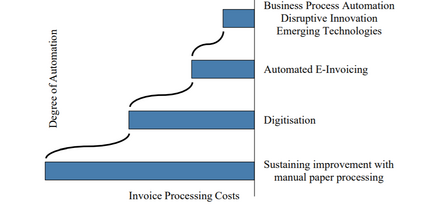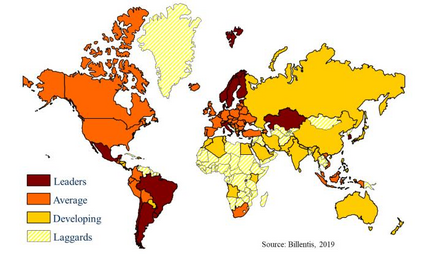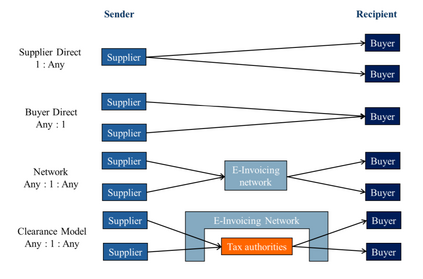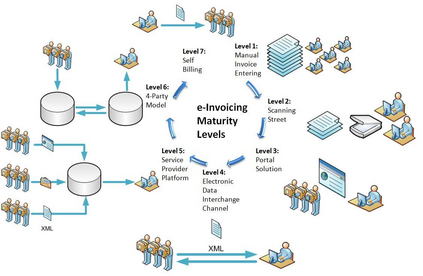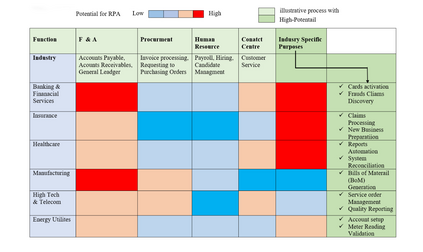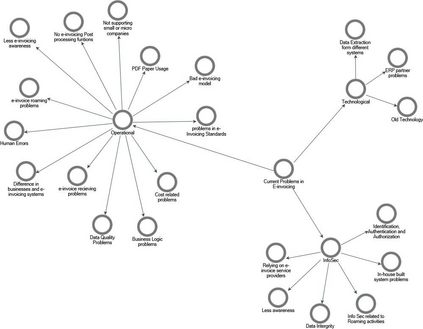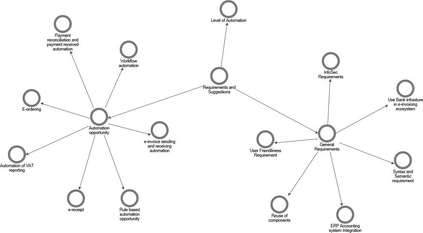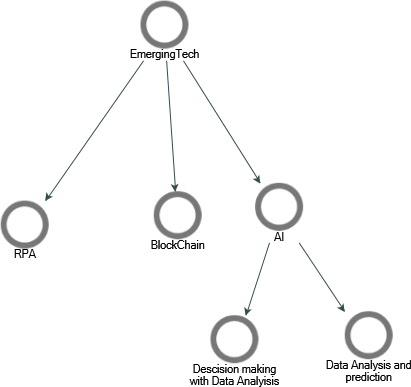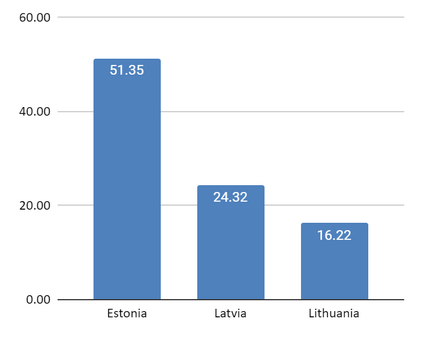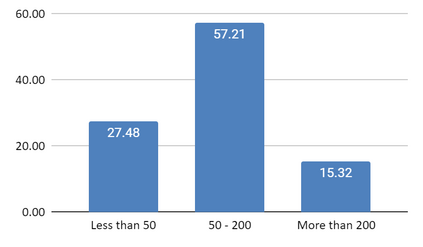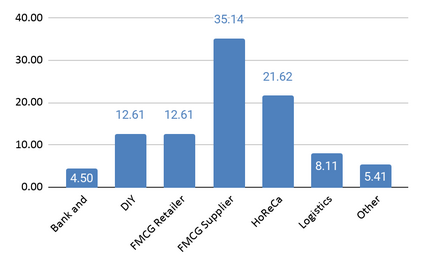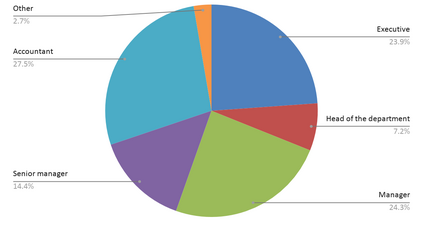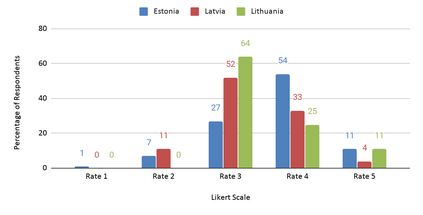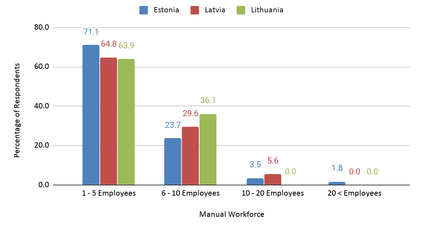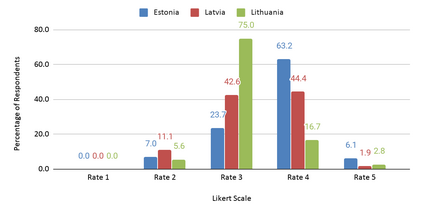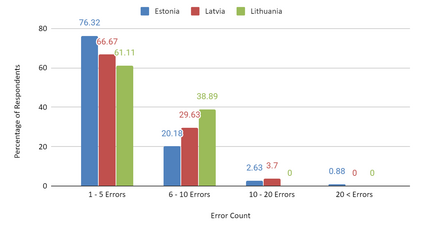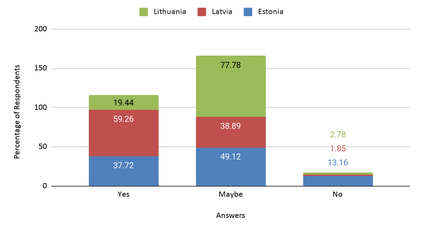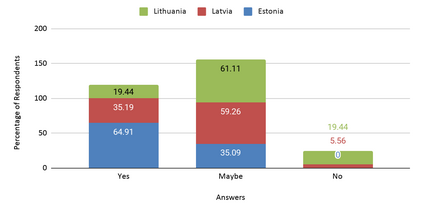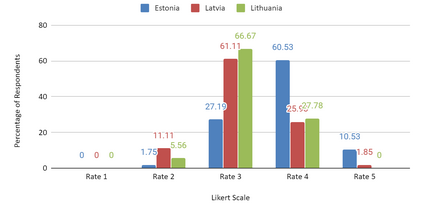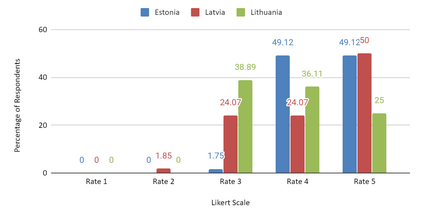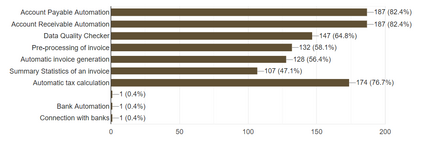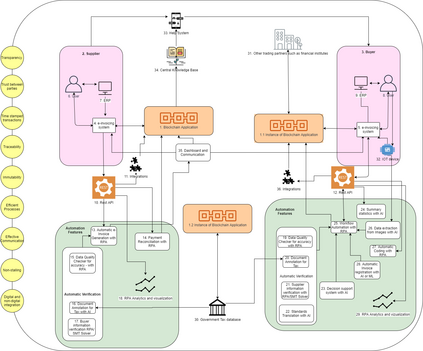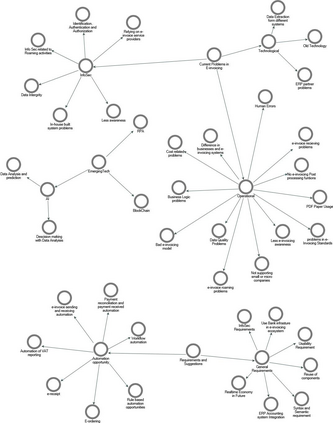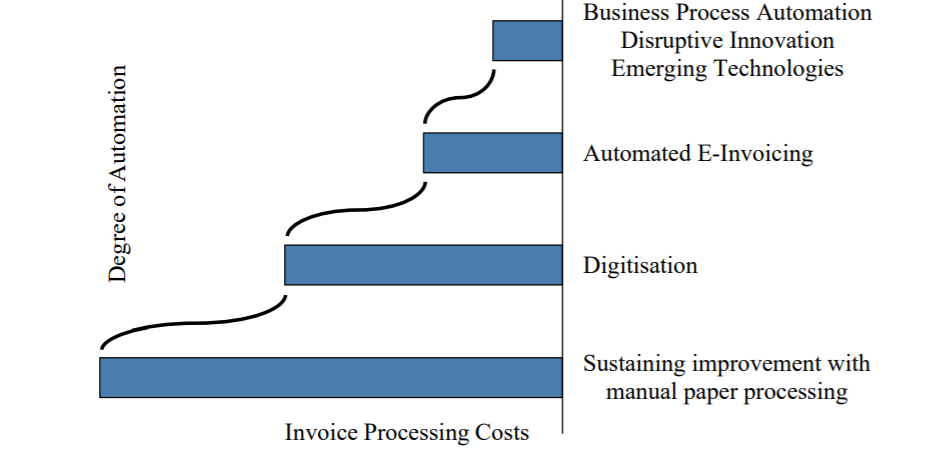E-invoicing is a rapidly growing e-service in Europe as well as in the world. It is identified as a substantially significant element in progressing towards the goals of Digital Economy in the European Union. This thesis focuses on identifying inefficiencies in e-invoicing systems currently in use and the opportunities to apply emerging technologies such as artificial intelligence and robotic process automation, in order to increase efficiency and level of automatization. The study incorporates expert opinions and users perceptions in e-invoicing systems on the status quo and the necessities for higher automation. We focus on e-invoicing systems in the Baltic region consisting of the countries Estonia, Latvia and Lithuania. Based on the conducted research, the drawbacks in e-invoicing systems were identified related to operational, technological and information security related. Furthermore, the automation opportunities and general requirements for automation were identified. The functionalities that can be improved are discovered as well discussed in this thesis and the advantages of using emerging technologies in the context are explained. Based on research outcomes we propose a conceptual e-invoicing ecosystem and present recommenda-tions for its application along the future work needed in that field.
翻译:电子发票是欧洲和全世界迅速增长的电子服务,被确定为实现欧洲联盟数字经济目标的一个重大要素,其重点为查明目前使用的电子发票系统效率低下的情况,以及应用人工智能和机器人程序自动化等新兴技术的机会,以提高效率和自动化水平;研究报告纳入了电子发票系统的专家意见和用户对现状和更高自动化需要的看法;我们侧重于波罗的海区域由爱沙尼亚、拉脱维亚和立陶宛国家组成的电子发票系统;根据所进行的研究,查明了电子发票系统中与业务、技术和信息安全有关的缺陷;此外,还查明自动化的自动化机会和一般要求;在此理论中发现并讨论了可以改进的功能,并解释了在这方面使用新兴技术的优势;根据研究结果,我们提出了电子发票生态系统的概念,并提出建议,供今后在该领域所需工作中应用。

